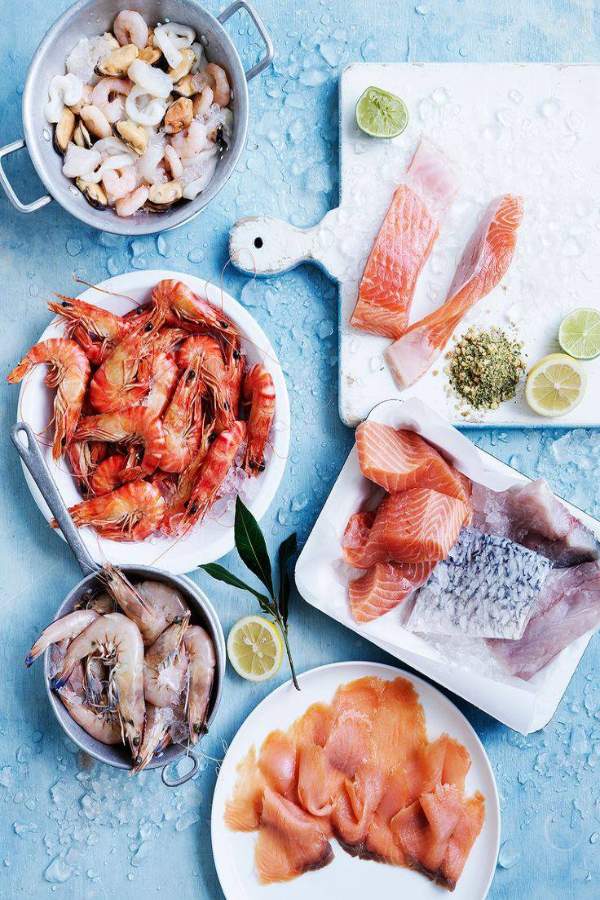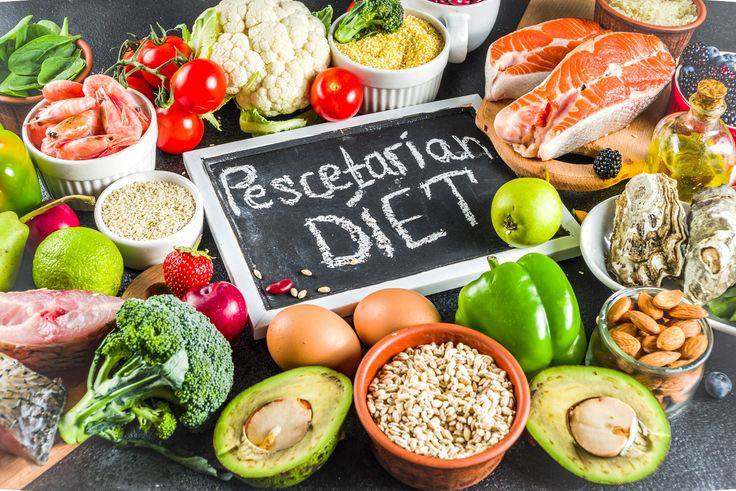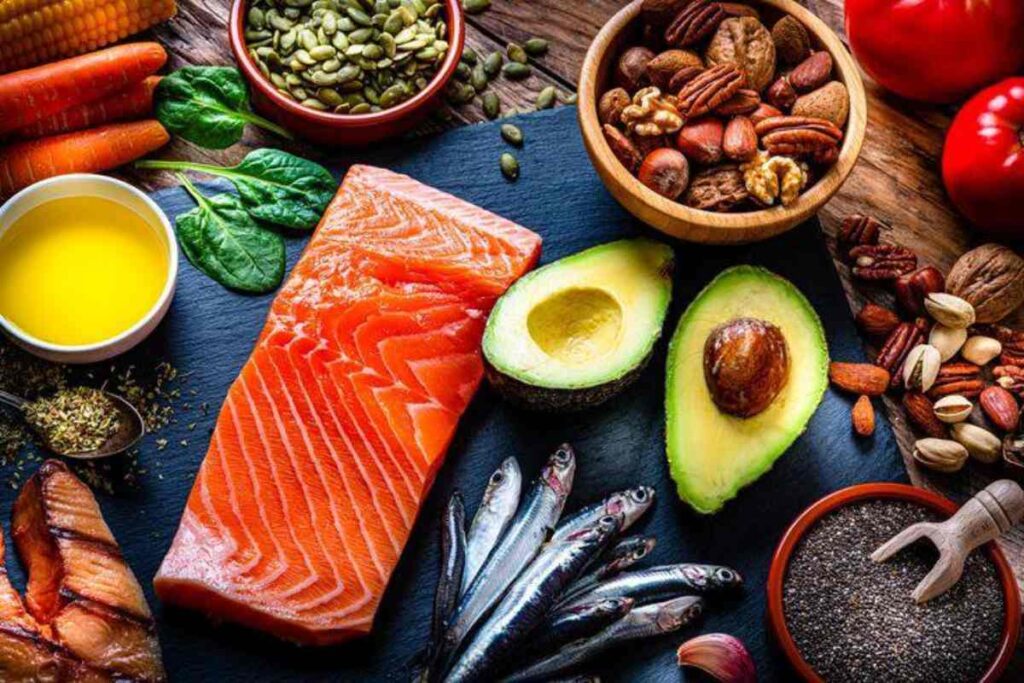Similar to a vegetarian diet, a pescatarian diet is a plant-forward approach to eating that also includes seafood. Additionally, some pescatarians eat eggs and dairy products. If you are looking to change up your diet to incorporate more plant-based foods but are not ready to omit all animal products, a pescatarian diet may be a worthwhile option.
Besides the inclusion of seafood, there are no strict guidelines that determine what is pescatarian versus what is vegetarian. There are no rules that define how often you need to eat fish to be considered a pescatarian. For example, you may be a vegetarian who only occasionally eats fish, or you may include it in every meal.
Not all pescatarian-compliant choices are inherently healthy, so it’s important to make balanced choices. Versions of this eating plan emphasizing nutrient-dense foods can be a healthful way of eating.
Why Do People Turn to Pescatarian?
People’s reasons for turning pescatarian may be many and varied. Some people might want to cut out meat for health reasons without cutting out healthy fish and seafood. For others, cutting out meat may be a question of ethics.
ALSO READ: These Foods Improve GLP-1 Levels in the Body
Some pescatarians might be concerned about the environmental impact of meat consumption. At the same time, those who are already vegans or vegetarians might want to add fish and seafood to their diet to provide extra nutrients. It could also just be about the taste.
Fish has long been regarded as a healthy source of protein. It is often eaten as part of a healthy “Mediterranean diet,” which incorporates lots of fresh vegetables, fruit, and olive oil.

Studies suggest that a plant-based diet brings several health benefits, such as reduced risk of obesity, diabetes, and heart disease. It appears that the same benefits can be achieved if fish and seafood are added to the healthy mix.
The Pescatarian Diet
Several common foods can be included in the pescatarian diet. According to experts, these include fish (like salmon, tilapia, trout, sole, and cod) and shellfish (such as shrimp, crab, lobster, clams, scallops, oysters, and mussels).
Beans and legumes (black beans, kidney beans, navy beans, lima beans, pinto beans, soybeans, garbanzo beans, green peas, black-eyed peas, and lentils). In addition, tofu, fruits, vegetables, nuts, and seeds can also be included in the diet.
Whole grains (whole-grain pasta, bread, crackers, and brown rice), eggs, and dairy products like milk, cheese, and yogurt.
The pros
Research shows that pescatarian women gain less weight each year than those who eat meat. While those on a vegan diet tend to gain even less weight, fish and seafood provide key nutrients that may be hard to find on a strictly plant-based diet.
Adding fish and shellfish to a diet can provide a valuable source of key nutrients, especially vitamin B12, zinc, protein, and calcium. While it is possible to get these while following a vegan diet, it can be a challenge.
Oily Fish
Eating oily fish such as salmon and sardines is considered the best way to get omega-3 fatty acids into your diet. Unlike some vegan sources such as walnuts and flaxseeds, omega-3 fatty acids from oily fish can be converted to eicosapentaenoic acid (EPA) and docosahexaenoic acid (DHA), both of which support brain function.
ShellFish
The health benefits extend to shellfish, too. These sea-dwelling superheroes are excellent sources of lean protein and brain-boosting omega-3 fatty acids. They are also rich in vitamin B12 and micronutrients like iron, zinc, and magnesium.
The Cons
While there are compelling arguments for the health benefits of a pescatarian diet, there are also cons. Some studies suggest that pregnant women should avoid more than two servings a week. This is due to concerns about high levels of mercury in fish, which could affect child brain development.
ALSO READ: Can Fruits and Vegetables Prescription Improve Health?
The overwhelming evidence suggests that the benefits of eating fish outweigh the potential dangers of mercury consumption. This is provided that these high-mercury fish are eaten sparingly. Fish such as salmon, sardines, and pollock are much lower in mercury.

Former meat eaters struggling to adhere to a plant-based diet may find a pescatarian diet easier to follow. A tuna or swordfish steak is “meaty” without the associated health risks of eating red meat, which include an increased risk of type-2 diabetes, stroke, heart disease, and colorectal cancer.
Other concerns about eating fish may include the wider-reaching effects of the fishing industry. Images of animals caught in plastic fishing nets can be understandably off-putting to anybody who follows a meat-free diet for ethical reasons.
To conclude, many people around the world depend on fishing as both a source of nutrition and income, and it is possible to eat fish in a sustainable, ethically sound way.
You Might Also Like:
A Glance at the Glitz and Glamor of Rob Lowe’s Epic 60th Birthday Bash
Ronna McDaniel Breaks Silence, Condemns January 6 Capitol Attack After Years of Avoidance
Tiffany Haddish Opens Up About Court-Mandated Sobriety After DUI Arrest
Gisele Bündchen Breaks Silence on Infidelity Rumors, Says She Didn’t Cheat on Tom Brady
